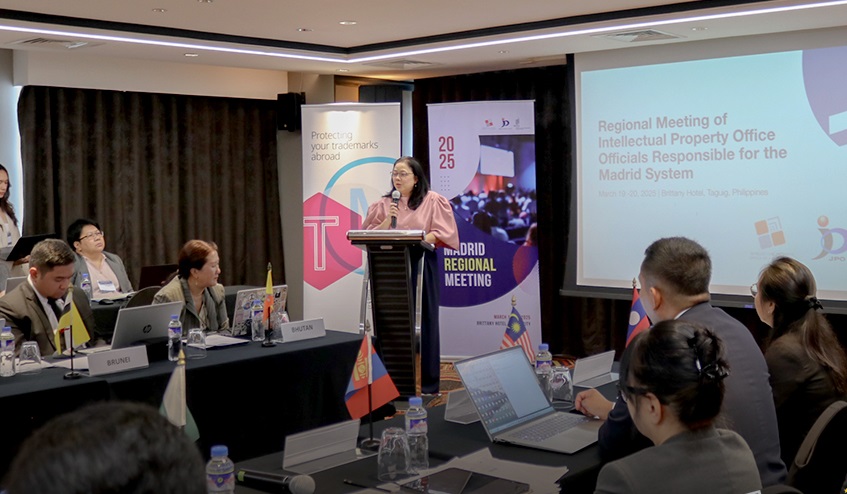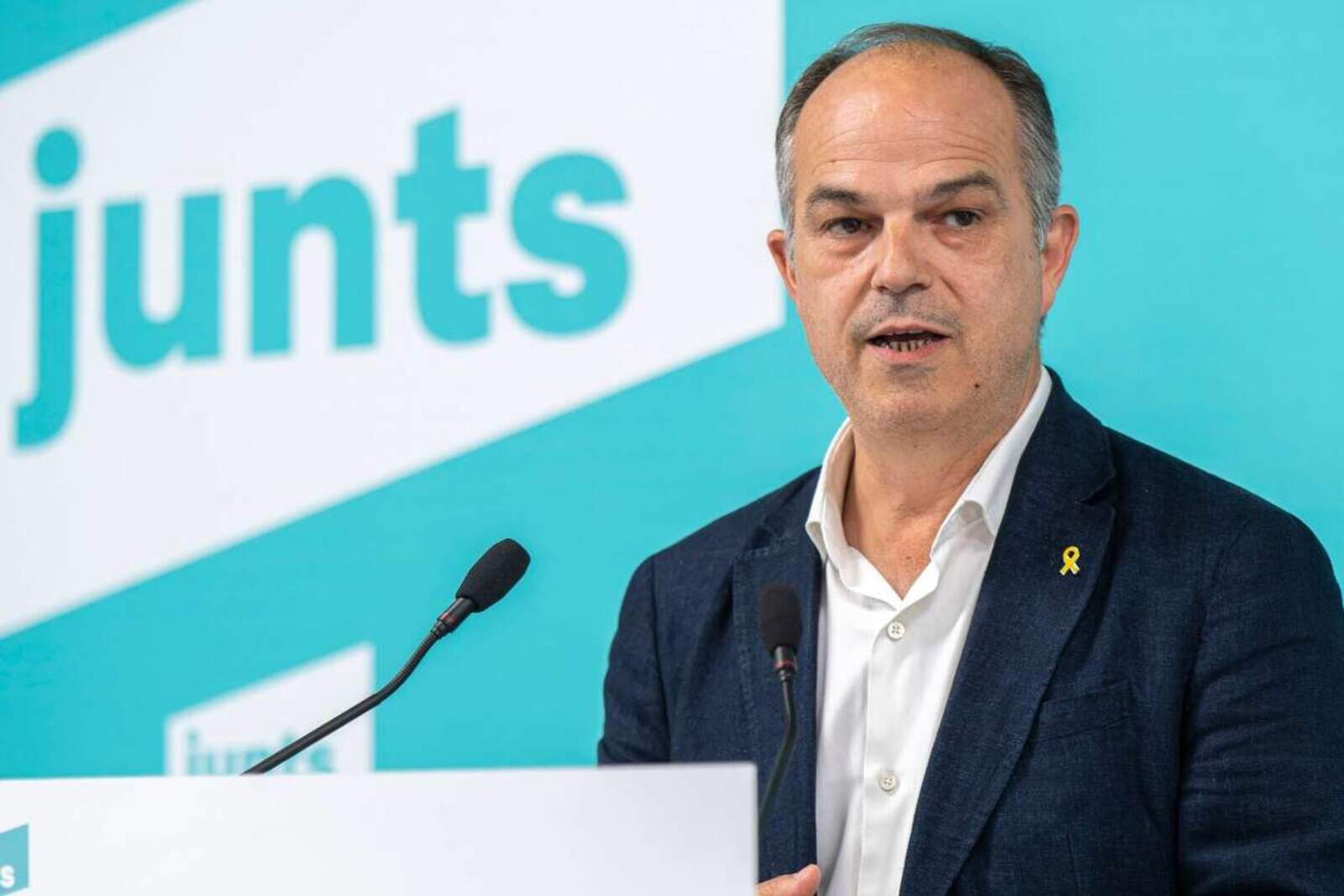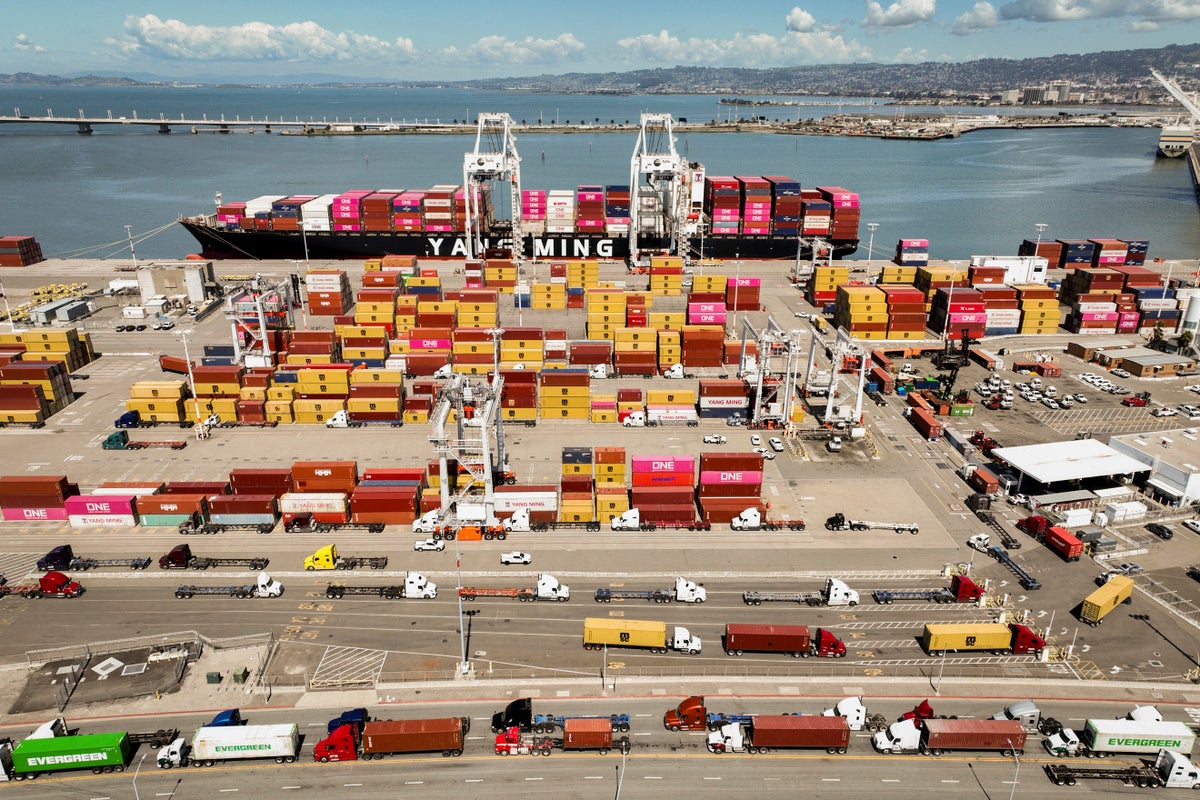Since joining the Madrid Protocol in 2012, the Philippines has successfully protected over 600 local brands on the international stage, according to the Intellectual Property Office of the Philippines (IPOPHL).The IPOPHL recently hosted the 2025 Regional Meeting of Intellectual Property Office Officials Responsible for the Madrid System for Asia and Pacific Countries.Held on March 19-20, the forum drew delegates from Madrid Protocol member-countries across the Asia-Pacific region including Bhutan, Brunei, Cambodia, India, Indonesia, Japan, Laos, Malaysia, Mongolia, Pakistan, Samoa, Singapore, Thailand, and Vietnam.
The Madrid Protocol is a WIPO-administered international treaty that makes registering trademarks in multiple signatory-countries simpler and cost-efficient through a single application and payment.With 115 members covering 131 countries, the Madrid Protocol continues to be a vital tool for international brand protection.During the forum, IPOPHL said the Philippines also received more than 67,600 international trademark registrations seeking protection in the country.

Hongbing Chen, World Intellectual Property Organization (WIPO) director for the Madrid Operations Division, highlighted the Madrid Protocol’s global impact.“The current number of international trademark registrations represents 80% of the global market. The Asean and Pacific regions have seen the fastest pace of accession, with nine countries now members.
Regional meetings like this are essential for sharing best practices and fostering collaboration,” Chen said.IPOPHL director general Brigitte M. da Costa-Villaluz echoed the importance of international collaborations in facilitating global trademark protection and highlighted the role of the Madrid Protocol in driving brand expansion across borders.
“As borderless trade expands alongside digital transformations and evolving business needs, it is imperative that we enhance our collective efforts in making the system more responsive, efficient, and user-friendly. We have made significant strides not just on digitization but also with the Madrid System,” she said.At the forum, WIPO speakers shared insights, including the United States as the office of origin with the highest number of filings and the United Kingdom as the most designated contracting party.
The office of origin refers to the IP office where an international application originates, while the designated contracting party is the country to which the application is directed.Further to its objective of broadening trademark protection, it may be recalled that IPOPHL also launched the Juan for the World program in 2021, designed to help micro, small and medium enterprises (MSMEs) expand into international markets.This initiative waives handling fees amounting to P2,617.
92 and connects applicants with organizations that can assist with other Madrid Protocol-related costs.In 2024, IPOPHL also introduced the Madrid e-Filing system, streamlining the application and payment processes for both applicants and the office of origin, further improving the efficiency of international trademark registration.Other Madrid Protocol members shared significant highlights from their progress over the past year.
In February 2024, Malaysia joined the “Check Acceptance by DCP Tool” of the Madrid Goods and Services Manager (MGSM), further streamlining the trademark process. Thailand now requires more specific language in description of goods.Several countries, including Bhutan, Cambodia, Lao PDR, Mongolia, and Vietnam, are utilizing the IPAS system, similar to the Philippines, improving their trademark registration processes.
Bhutan advanced with Madrid e-Filing, overcoming challenges and aligning its system with global best practices. Japan focused on reducing irregularity notices and promoting Madrid e-Filing through initiatives such as flyers, IP events, and collaborations with the WIPO Japan Office.Mongolia adopted a flexible approach to partial refusals, offering a 3-month response period with an option for an additional 3 months, minimizing the impact on applicants.
Additionally, Singapore now uses invalidations for previously registered marks that have been cancelled.The forum served as a valuable platform for sharing best practices in examining international trademark applications under the Madrid system. Participants discussed procedural updates, legal developments, technological innovations, and strategies to expand the system’s reach.
Meanwhile, the Japan Patent Office (JPO) also highlighted JPO’s commitment to aid the further development of the Madrid System.Cooperative activities have taken place between WIPO and JPO, including the establishment of the WIPO-Japan Funds in Trust as Japan continues to work with IP offices to further enhance the IP system.”As part of the event, IPOPHL hosted a refresher seminar for Philippine trademark stakeholders titled “Expanding Your Brand Globally: Mastering the Madrid System for Effective Trademark Protection Beyond the Philippines.
”The seminar drew trademark applicants and registrants eager to learn about the Madrid system’s basics, examination processes, compliance with office actions, its benefits, and feedback on the Madrid e-Filing system.The Bureau of Trademarks (BOT) also underscored the valuable collaboration and opportunity for Philippine products to access the global markets.According to BOT, collaborations and partnerships like this are key to encouraging Filipinos to use the Madrid System to protect their marks abroad.
The post IP forum: PH protected 600 local brands on int’l stage via Madrid Protocol appeared first on Newsbytes.PH..
Politics

IP forum: PH protected 600 local brands on int’l stage via Madrid Protocol

The Madrid Protocol is a WIPO-administered international treaty that makes registering trademarks in multiple signatory-countries simpler and cost-efficient through a single application and payment.The post IP forum: PH protected 600 local brands on int’l stage via Madrid Protocol appeared first on Newsbytes.PH.















